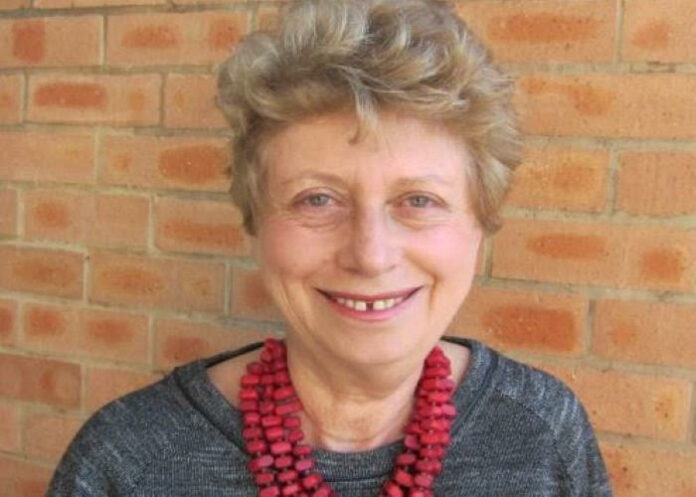Eminent South African scientist Professor Karin Hofman was one of two Africans awarded an ASSAf Science-for-Society Gold Medal for outstanding achievement in scientific thinking to the benefit of society.
Professor Achille Mbembe was the other scientists awarded at the annual awards ceremony on 19 October, notes MedicalBrief.
Hofman is Research Professor and founding director of the SAMRC Centre for Health Economics and Decision Science/PRICELESS SA at the University of the Witwatersrand.
"Because she has applied scientific thinking in the service of society, we are, as a population, healthier. The bread eaten by South Africans today has significantly less salt in it that it did 10 years ago. This is the consequence of mandatory regulations based on PRICELESS/SA research that showed how many lives could be saved from averting strokes and the cost savings of doing so. It is one of the most cost-effective interventions for population health," a statement by Academcy of Science of SA, said.
"Similarly, we now have choices when we order sugar-sweetened beverages, which include low- to no-sugar options and smaller volume cans. This industry response was prompted by mandatory legislation first introduced by Parliament in 2016 and passed in 2018. Liquid sugar is a major contributor to obesity, starting in childhood and extending across the lifespan with obesity-related disease numbers having overtaken HIV/Aids in SA.
"This demonstrates how intersectoral action is essential to improve population health."
It added that Hofman’s work on universal health coverage has focused on priority setting as a key driver to implement a sustainable NHI, her research aimed at informing the shape of health benefit packages and decisions to improve both health systems and population health outcomes.
"She role models the essence of this award by conducting transdisciplinary research: she identifies policy relevant issues, engages with the various relevant publics before, during and after the research endeavour, and commits time and has the expertise to disseminate the research evidence through various channels both academic and, importantly, with the media as well as direct public engagement. This demonstrates a rare combination of skills mastered by Hofman, which is why this Gold Medal is appropriately awarded to her.
Over the past 25 years, Mbembe has consistently published works of international stature and reputation. His work has played a role in shaping the scholarly agenda of the Humanities in late modernity.
Born in Cameroon, he obtained his PhD in History at the Sorbonne in Paris in 1989 and a DEA in Political Science at the Institut d’Etudes Politiques (Paris). He is the recipient of an honorary doctorate from the University of Paris VIII (France) and Universite Catholique de Louvain (Belgium). He has also held the Albert the Great Chair at the University of Koln (2019) and was an honorary Professor at the Jakob Fugger-Zentrum, University of Augsburg (Germany). He has received numerous awards, including the 2015 Geswichter Scholl-Preis, the 2018 Gerda Henkel Award, and the 2018 Ernst Bloch Award.
"Between 1980 and 1996, he was preoccupied with late colonial politics, decolonisation and emerging nationalism. Mbembe’s work was instrumental in shifting debates on the place of power in Africa’s post-colonial period. At a conceptual level the terms 'post-colony' and also 'necropolitics' have become associated with his work.
"These are now key-terms in the vocabulary of the global humanities. Of notable importance is his published work, Necropolitics, in which Mbembe theorises about the origins of the contemporary world while highlighting the increase in militarisation, inequality, and the revival of racism and fascist forces.
"He continues to produce globally leading scholarship. He published A Critique of Black Reason (2017), his seventh book. It has now sold more than 12 000 copies. This work is an attempt at revisiting the relationship between capitalism and racism, building to a large extent on the deep intellectual history that has long been concerned with this relationship."
"Over and above the multiple translations of his work, Mbembe has been cited thousands of times and it is no exaggeration to say he is the most cited African scholar of his time – it is an unusual week if he is not asked to present a major public talk in South Africa or internationally."

